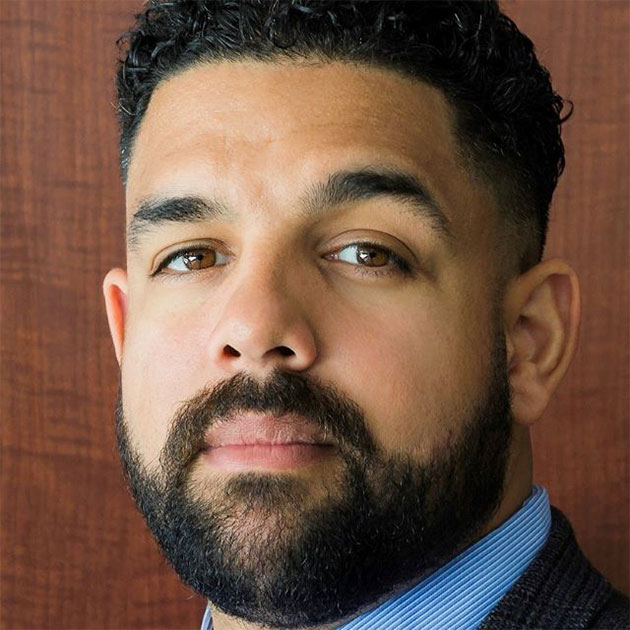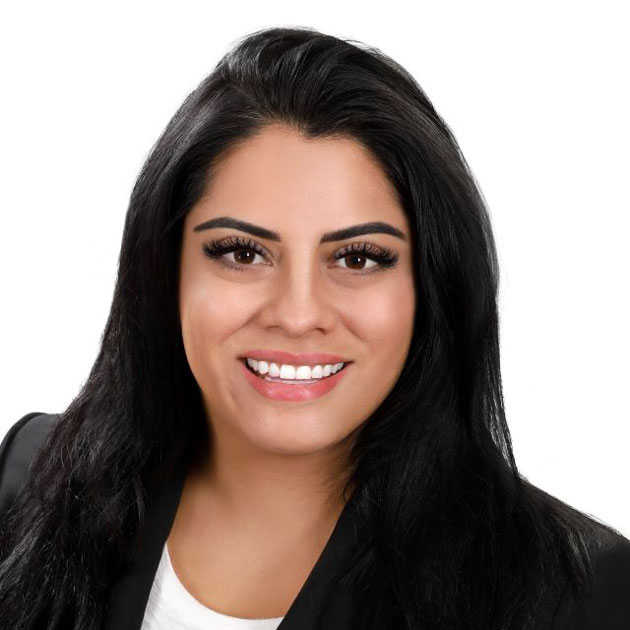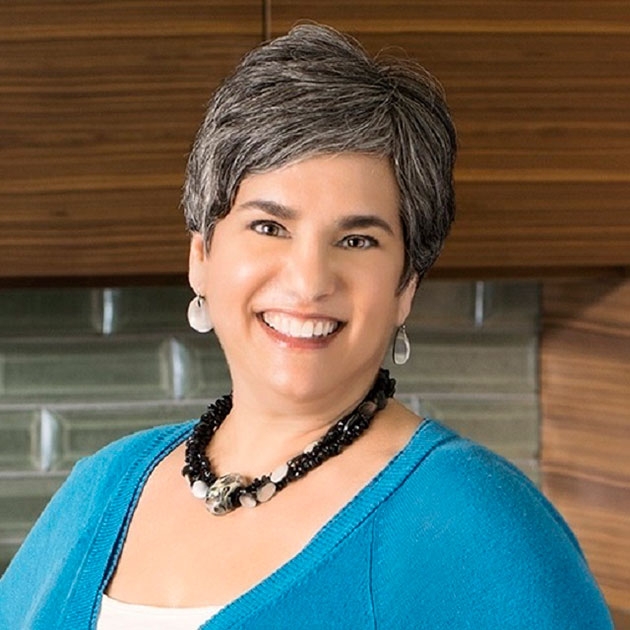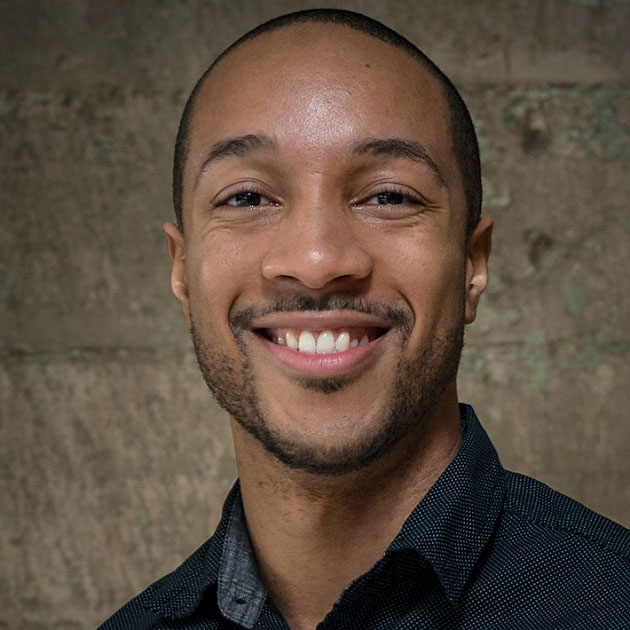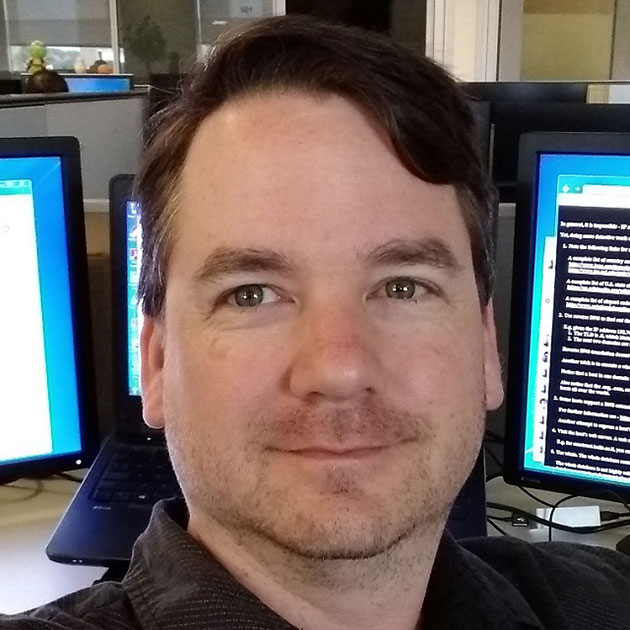
Founder, Shamak Associate, Gerson Lehrman Group
Farhad Rizvi had a vision of combining commerce and philanthropy into one business strategy. Along with his older brother, Hammad, he created Shamak Sandals, a company that sells leather sandals handcrafted in the Middle East. But Shamak Sandals reaches beyond shoe sales. For every pair of sandals sold, the company donates a portion of the sale to education initiatives in South Asia. When Farhad is not overseeing Shamak, he works full time at the Gerson Lehrman Group, a global business consulting firm. In this role, he draws upon lessons learned from his time at the Jindal School and at Shamak. Farhad demonstrates that by combining a Jindal School education with hard work, it is possible for a vision to become reality.
Tell us a few highlights of your professional career.
I am most proud of creating Shamak Sandals from the ground up. As a child, I spent many years in the Middle East, and whenever we returned home to Texas, friends would tell us our sandals were unique and wanted to know where they could get some. I realized many years ago this could be a profitable product, but I didn’t want to just create a sandal company. I wanted to find a way to give back. The sandals range from $45 to $75, and a portion of the price goes toward funding a textbook, a uniform or a need-based scholarship for students in South Asia. When I decided to focus all my time on creating Shamak, I was actually working for Facebook in a global marketing solutions role. Some people probably thought I had lost my mind, but I quit my job at Facebook and didn’t look back. I had the entrepreneurial bug, which comes from my dad. He emigrated to the U.S. from the slums of Pakistan. He was able to save enough money to open a jewelry store, which he eventually sold to buy his plane ticket to the U.S. Within a week of launching the website, we received orders from all over the world, from places like China and Greece. Today the company continues to grow and we are making an aggressive push to get into top retail stores located throughout the country.Another highlight I am proud of is my role at Facebook when the company went public. It was a groundbreaking moment, and to be a part of that development was an exciting opportunity to learn about that process.
What brought you to UT Dallas?
I chose UT Dallas because it was a university on the rise right in my hometown and I wanted to be a part of it. Today I see so much progress on campus, and I’m proud to be a UT Dallas alumnus. As an entrepreneur, I have met many fascinating people; however, the people I met at UT Dallas are the most down-to-earth and forward-thinking individuals I have ever known. Students don’t take that for granted. Another important factor that brought me to UT Dallas was the great soccer program. Soccer will always be a passion of mine, and I have been playing for years. I still stay in touch with my former UT Dallas teammates, Coach [Jason] Hirsch and former Coach [Jack] Peel.
What is your favorite UT Dallas memory?
While at UT Dallas, my most inspiring moment was my graduation. As I was waiting to cross the stage, I kept thinking about how the commencement speaker was once in the exact same seat as me. Dallas is a city full of iconic people who are willing to inspire the next generation, and I hope to do the same. My favorite memory apart from graduation was playing in the ASC (American Southwest Conference) soccer playoffs. We lost in the semifinal round, but we had an enormous sense of camaraderie that was irreplaceable.
Who was our favorite professor, and/or what was your favorite class and why?
My favorite professor was Matt Polze, senior lecturer in accounting and associate dean of Undergraduate Programs. He started each class with a casual discussion, and you could tell he genuinely cared about his students and our success. He made Business Law (ACCT 6370) fun, and it was the only course I never missed a single class day.
What do you enjoy doing in your free time?
I currently live in Austin, so in my free time I love running around Town Lake, playing soccer at Zilker Park, or paddle boarding in Lake Travis. I also love attending the annual South By Southwest (SXSW) festival every spring. SXSW incorporates all of my favorite things: business, live music and film creativity. Austin is a great city; as it’s small enough to reach out to anybody but large enough to have brand recognition.
What advice do you have for current students hoping to succeed in the business world?
My advice to students is don’t be scared. As a student you’re often afraid of falling behind your peers, so you don’t take risks that you really should have. It’s OK to cold-call someone and fall flat on your face, as long as you learn something from it. Just get on the field and make something happen. My best example of this is when I met Blake Mycoskie, founder of Toms Shoes. Blake was signing autographs in Austin, and I was able to give him my business card. We talked briefly, and that was it. Fast-forward to the Dell Social Innovation Challenge event, and Blake came up to me and said he remembered me from the autograph signing. If I would not have had the courage to talk to him that day, I would never have connected with someone I consider a great business leader.
What makes an effective leader?
To be an effective leader, you have to have vision. I believe truly successful people hear “no” a lot before they hear a single “yes.” Learn to have thick skin. Some investors have told me “no,” but that doesn’t crush me because I know my vision. I never doubted where I wanted to go, and I don’t focus on the past. It’s a noisy world out there, and you have to remain focused on what’s important to you and to your business. Do not be distracted.

